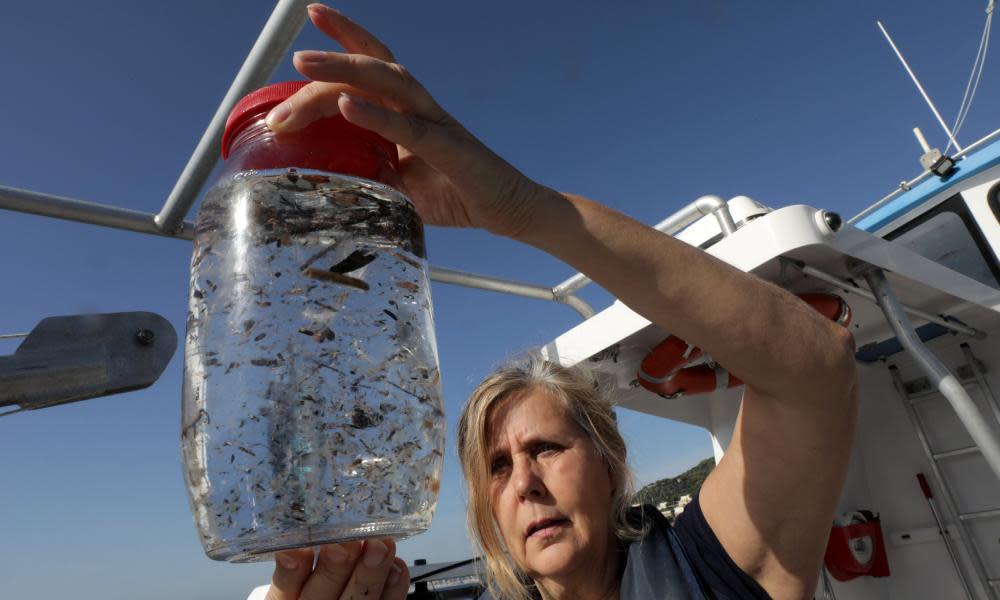The Guardian view on recycling exports: stop the rubbish launderers

Recent reports about suspected abuses by plastic waste exporters are dispiriting reading to all those who try to do their bit for the environment by recycling packaging at home. This is not the first time such failures have been highlighted. But the scale of the suspected fraud now being investigated by the Environment Agency is shocking. Six licences have been cancelled in the past three months and there is a discrepancy of 35,135 tonnes between exporters’ records and those of HM Customs. Worse than the suggestion of false claims for nonexistent waste is the idea that some of the bottles and cartons that people bothered to rinse out and bag up for collection are likely to have been dumped, not recycled, and perhaps to have ended up in the sea.
That this situation has arisen is in part due to the UK having been forced to seek new buyers for plastic waste after China blocked imports at the start of the year. Exports first shifted to Vietnam, Malaysia and Poland; then to the Netherlands and Turkey. One allegation is that firms have exploited looser regulations on exports within Europe to launder plastic waste from the UK in the Netherlands, before transferring it illegally to Asia.
Cheating is wrong. Regulators acknowledge that enforcement should have been tougher. But even when the rules are kept, the current system stinks. The UK exported 2.7m tonnes of plastic waste to China and Hong Kong in the five years before China stopped it. British households and businesses between them produced 11m tonnes of packaging last year. Yet despite greatly increased public awareness of plastic pollution, the government has done very little to shrink this mountain of waste. Charges on plastic shopping bags, now UK-wide, are welcome, and effective in reducing their use. The promised ban on plastic straws, cotton buds and stirrers is a good thing too. But these are tiny objects whose removal hardly alters the big picture.
Recycling is important. The UK’s own facilities require investment. So do local councils, where cuts have worsened already patchy waste collection. Household recycling rates have barely increased over the past five years; in some areas they have gone down. In 2016 they stood at 45.2%, making it almost certain that a target of 50% by 2020 will be missed.
But while recycling is championed for good reason, it should be the second-last resort – before landfill. Reducing waste and reusing things should be the aim for both individuals and the country. Businesses and other organisations can help with this; in Germany, producers and retailers must pay for packaging to be recycled. But the lead must come from government, which should also be investing in research and development work on new biodegradable materials to replace single-use plastics. Until such alternatives are more widely available, the emphasis must be on hard-to-recycle waste such as low-grade plastics, and better-regulated exports. Sending millions of tonnes of rubbish abroad is a filthy habit that Britain must kick.

 Yahoo News
Yahoo News 
